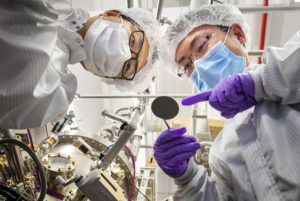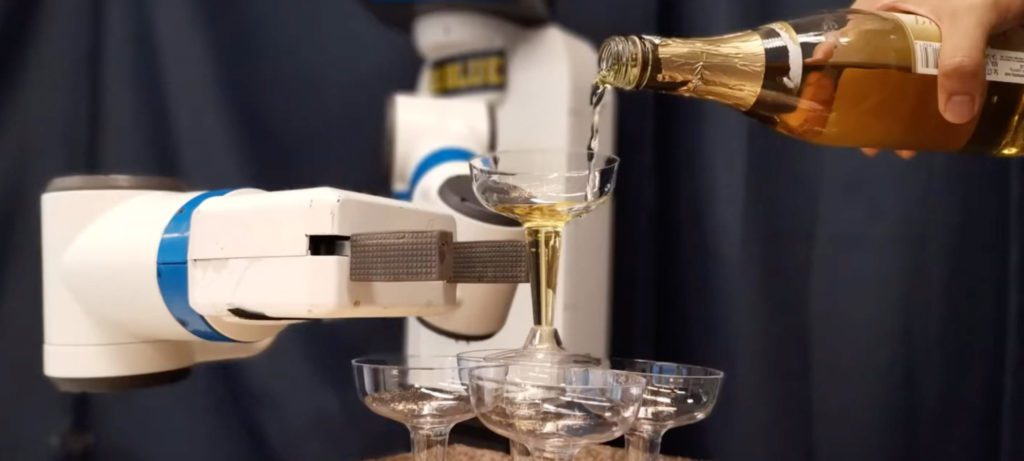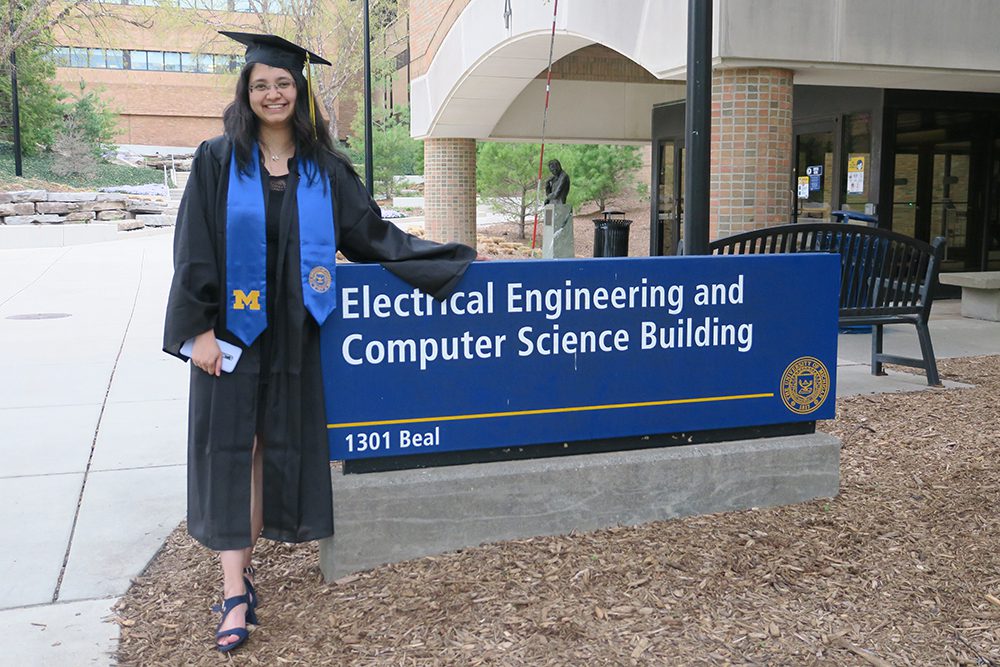Highlight include The Detroit News.
The post In the news: Michigan Engineering experts June 1 – 4 appeared first on Michigan Engineering News.
Highlight include The Detroit News.
The post In the news: Michigan Engineering experts June 1 – 4 appeared first on Michigan Engineering News.

The ability to precisely tune electrical polarization switching through molecular beam epitaxy is a gamechanger

A new method enables robot arms to build a tower of champagne glasses.

Built by students and funded by student VCs, the venture marks a new model for launching ideas into ventures.
Highlights include Bloomberg, New York Times and the Detroit News.
The post In the news: Michigan Engineering experts May 24-28 appeared first on Michigan Engineering News.
University of Michigan researchers lay out hurdles for tech that could double EV range.
The post Next-gen electric vehicle batteries: These are the questions we still need to answer appeared first on Michigan Engineering News.

From the internships that inspired her interest in signal & image processing and machine learning to late night study sessions at the Duderstadt to her background in classical dance, Master’s student Rucha Apte shares her journey with us.
For more than 25 years, ARC has been a source of technology, modeling, and simulation for the Army’s fleet of vehicles.
The post U-M’s Automotive Research Center is a ‘national strategic asset’ appeared first on Michigan Engineering News.
University of Michigan engineers are working to make our electrified future more equitable and avoid the mistakes of the past.
The post Prepping for the revolution appeared first on Michigan Engineering News.
How engineers are applying their expertise for future planning.
The post A resilient campus appeared first on Michigan Engineering News.